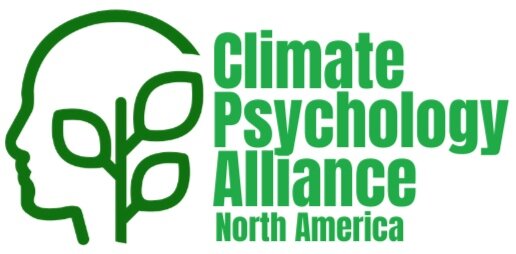In the U.S., Canada, and many other countries, formal systems exist to facilitate the timely and effective delivery of disaster behavioral health services in the wake of catastrophic events. Individuals, families and communities are especially vulnerable in the wake of such events, and governments have structured disaster response organizations, including those providing disaster behavioral health services, in a way to protect those vulnerable people from exploitation, scams and/or the actions of unethical or incompetent service providers.
To effectively work within these existing structures and reach the survivors of disasters with behavioral health support, it is critical for disaster behavioral health responders to be knowledgeable and skillful in navigating the post-disaster environment, including knowing how to interoperate with the incident command systems and other provider agencies. This program is intended to introduce potential responders to the structure and terminology of the disaster response environment and help them form a common operating picture to facilitate the delivery of psychosocial support following disasters.
Meet the Host:
Steve Crimando, MA, CTM, DRCC is the Director of Training for the Disaster and Terrorism Branch in the New Jersey Department of Human Services, Division of Mental Health and Addiction Services, and the principal of Behavioral Science Applications LLC, an international behavioral risk management consultancy. He is a 35-year veteran disaster and emergency behavioral health clinician, educator, and responder. He served as a Field Operations Supervisor FEMA’s mental health response to the 9/11 attacks in New York City and coordinated psychological services at the Anthrax Screening Center in Trenton, New Jersey, in addition to responding to many disasters and acts of mass violence in U.S. states, territories and tribal areas.
Steve serves on the disaster mental health committee for the Climate Psychology Alliance North America and is a member of Clinicians for Climate Action New Jersey. He is a member of the New Jersey Interagency Council on Climate Resilience, as well as serving as an instructor for the U.S. Department of State-Foreign Service Institute-Climate Diplomacy program and a consultant to the U.S. Substance Abuse Services Administration (SAMHSA) on the behavioral health aspects of climate change. He has worked for many years with the United Nations Office for Operational Support-Special Situations Unit, as well as other intergovernmental and non-governmental organizations.
REGISTER HERE
CE credits are available. Please purchase a ticket and CE credits in the country where you reside to be eligible.
Climate Psychology Alliance - North America is approved by the American Psychological Association to sponsor continuing education for psychologists. Climate Psychology Alliance - North America maintains responsibility for this program and its content.
Goal/Objective: Participants will be able to navigate and interoperate with existing disaster behavioral health systems to facilitate the delivery of post-disaster counseling services.
Participants will be able to explain the structure of the predominant disaster response systems in North America and internationally.
Participants will able to identify the scope of counseling services delivered to individuals, families, and communities in the wake of disasters.
Participants will be able to discuss approaches to integrating and working within existing systems to providing post-disaster counseling.
References:
Crimando, S., & Padro, G. (2005). Our Side of the River: New Jersey’s Mental Health Response to 9/11. Y. Danieli (Ed.), On the Ground. Plenum Press. New York, NY.
Crimando, S. (2012). Managing Traumatic Stress. Cole, L. & Connell, N. (Eds.) Local Planning for Terror and Disasters: From Bioterrorism to Earthquakes. 153-162. Wiley-Blackwell. John Wiley & Sons, Inc., Hoboken, NJ.
Crimando, S.M., (2004, September). Managing the Psychological Consequences of Chemical, Biological, Nuclear and Radiological Terrorism. New Jersey Journal of Medicine, 101(9).
Lahad, M., & Crimando, S. (2012). Preparing for the next generation of disasters: A bi-national perspective. Journal of Jewish Communal Services, 85, 320-329.

